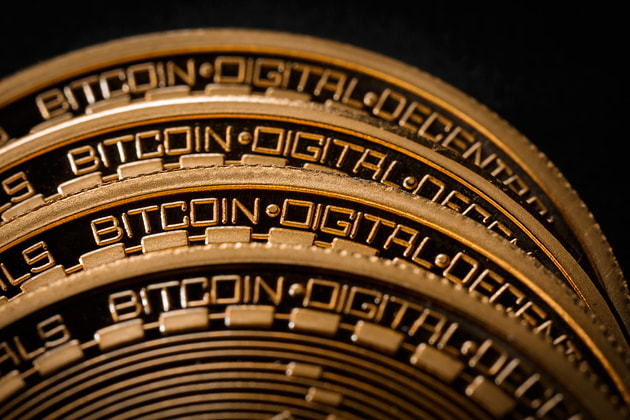American news site GlobalPost is handing out its end-of-the-year awards, and to the surprise of no one, Bitcoin was named currency of the year.
What, you thought the drachma was going to get the nod instead?
A year ago, Bitcoin was still a niche thing, and its value hovered around the $15 mark. Early adopters and mail-order pot buyers were buying into the currency, but few others were on board at that point.
All that changed in 2013, as a number of events propelled Bitcoin to the forefront of the tech world. The first big event that triggered rapidly increasing Bitcoin adoption was the Cypriot bail-in. Account holders (many of them Russians trying to keep their wealth beyond the reach of Putin and his crew) quickly learned that even their euro bank accounts were not safe from government skimming.
Then, in the summer, Edward Snowden’s revelations about the vast spying networks set up by the US and its allies got many more people worried about government meddling. Bitcoin was emerging as a work-around thanks to the pseudonymity the currency affords its users.
The value began to tip after Cyprus, and by the summer, Bitcoin’s price was easily ten times what it started the year at. Speculators and investors got on board, and an infrastructure began to take shape.
In just a year, we have exchanges in countries around the world, Bitcoin ATMs, and even a growing number of pubs where you can buy beer in digital currencies.
Around the end of November through early December, Bitcoin hit its high-water mark — more than $1,200 on some exchanges — but moves by the central bank of China have had a chilling effect on that particular bubble.
At the time of writing, with a day left in 2013, Bitcoin has settled in comfortably at around the $700–750 range.
Some questions as we head into 2014:
- Will Bitcoin’s rise continue?
- Will more governments ban it outright or at least try to regulate it to death?
- Can some usurper — please not Dogecoin, please — take the throne from Bitcoin?


